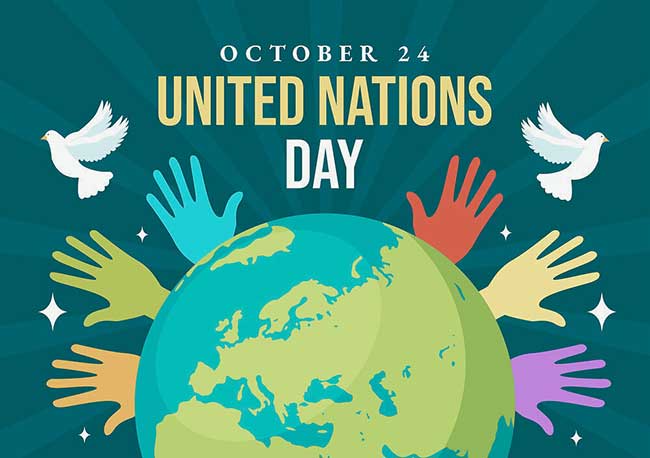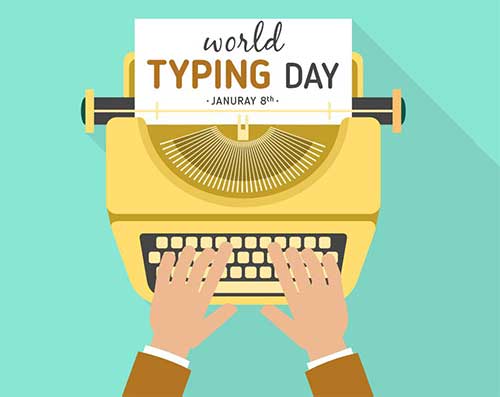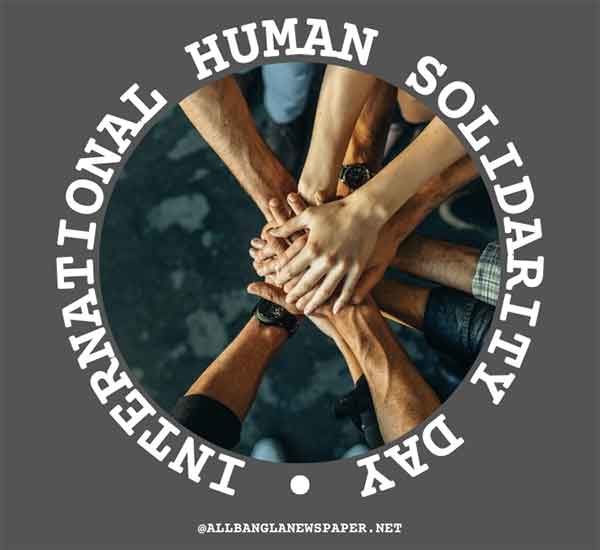
Introduction
Every year on October 24th, the world celebrates United Nations Day, a global occasion highlighting the enduring importance of international cooperation, peace, and security. Since its founding in 1945, the United Nations (UN) has been a symbol of hope for nations working to resolve conflicts, eradicate poverty, address climate change, and promote human rights. This particular day commemorates the UN's establishment and serves as a reminder of its vital role in fostering global unity and addressing challenges that transcend borders.

The History of United Nations Day
United Nations Day marks the anniversary of the adoption of the UN Charter in 1945. The Charter, signed by 50 nations in San Francisco, laid the foundation for a world organization dedicated to promoting peace, security, and cooperation. Officially recognized in 1948, #UnitedNationsDay has been celebrated worldwide as a moment to reflect on the significance of the UN and its mission.
The Role of the United Nations in Today's World
In 2024, the UN is crucial in addressing some of the world's most pressing issues. From peacekeeping efforts in war-torn regions to launching humanitarian aid programs, the UN's scope of influence extends to every corner of the globe. It also takes a leading role in promoting sustainable development goals (SDGs), which include eradicating poverty, ensuring quality education, and taking urgent action on climate change.
Critical Functions of the United Nations
The UN is composed of six principal organs, each playing a distinct role in its mission:
1. General Assembly: A forum where all 193 member states can debate global issues and pass resolutions.
2. Security Council: Responsible for maintaining international peace and security, often through peacekeeping missions.
3. International Court of Justice: Settles disputes between nations and provides legal opinions on international matters.
4. Economic and Social Council: Addresses economic, social, and environmental challenges through global cooperation.
5. Secretariat: Oversees the day-to-day operations of the UN, led by the Secretary-General.
6. Trusteeship Council: Although largely inactive now, it initially oversaw territories transitioning to independence.
Why We Celebrate United Nations Day
United Nations Day is a day of reflection and commitment to peace, security, and collaboration. It's an opportunity for people worldwide to engage in activities that promote these ideals, whether through educational programs, community events, or media campaigns. The day is also an occasion to recognize the UN's efforts to advocate for human rights, reduce inequalities, and strive for a more sustainable world.
1. Promoting Global Peace
One of the UN's primary objectives is to prevent conflict and resolve disputes peacefully. UN peacekeeping forces, for example, have played an essential role in stabilizing regions affected by conflict, such as South Sudan and the Democratic Republic of Congo. By celebrating United Nations Day, we acknowledge the tireless efforts made by peacekeepers and diplomats who work behind the scenes to maintain peace.
2. Advancing Human Rights
The United Nations has been instrumental in establishing global human rights standards. From the Universal Declaration of Human Rights to the fight against child labor, the UN advocates for the dignity and rights of every individual. United Nations Day is a reminder of the importance of holding governments accountable to these standards, ensuring everyone enjoys freedom and justice.
UN and Sustainable Development Goals (SDGs)
One of the most significant initiatives undertaken by the UN is the 2030 Agenda for Sustainable Development, which comprises 17 SDGs aimed at improving the world. These goals target key issues such as poverty, hunger, clean energy, and responsible consumption. United Nations Day serves as a call to action for governments, organizations, and individuals to redouble their efforts in achieving these goals by 2030.
How to Celebrate United Nations Day
Celebrating United Nations Day can be as straightforward or as grand as desired. Schools and educational institutions often host discussions and presentations to educate students about the importance of the UN. Communities can organize events promoting cultural diversity and global understanding. Here are some meaningful ways to get involved:
• Attend or Host Educational Workshops: Many communities hold seminars or forums discussing the UN's role in global issues.
• Promote Peace and Unity: Participate in peace rallies, community service events, or social media campaigns highlighting the importance of # InternationalCooperation.
• Support Sustainable Development: Individuals can volunteer with organizations that work on SDG-related projects, such as clean water initiatives or renewable energy programs.
The Connection Between Science and Global Cooperation
While the UN primarily focuses on political, social, and environmental issues, science and education are vital to global cooperation. For example, scientific milestones like the International Mole Day: Celebrating Chemistry's Key Concept highlight the intersection of scientific understanding and global unity. Just as the UN brings nations together, scientific discoveries foster collaboration that transcends borders, enriching humanity.
Two Key Outbound Resources for Further Learning
1. The Official United Nations Website: Learn more about the history, events, and initiatives related to United Nations Day and how you can participate globally.
2. United Nations Association of the USA: A platform dedicated to empowering Americans to advocate for a stronger US-UN partnership through education, events, and volunteer opportunities.
Conclusion
United Nations Day is not just a celebration but a global reminder of the power of diplomacy, unity, and shared human values. As we reflect on the UN's accomplishments, we must also consider the work still to be done to achieve world peace, equality, and sustainability. Whether through advocacy, education, or participation in global discussions, everyone can contribute to the UN's mission of building a better world for all.
FAQs
1. What is the significance of United Nations Day?
United Nations Day celebrates the UN's founding and its efforts in promoting #GlobalPeace, security, and cooperation.
2. How is United Nations Day observed worldwide?
It is observed through educational programs, media campaigns, and community events that highlight the UN's impact on global issues.
3. What are the Sustainable Development Goals (SDGs)?
The SDGs are 17 global objectives set by the UN to address pressing issues like poverty, inequality, and climate change by 2030.
4. How does the UN contribute to global peace?
The UN deploys peacekeeping missions, facilitates diplomatic negotiations, and promotes conflict resolution through dialogue and cooperation.
5. How can individuals participate in United Nations Day?
People can get involved by attending events, volunteering for UN-backed initiatives, or spreading awareness about global cooperation on social media.





